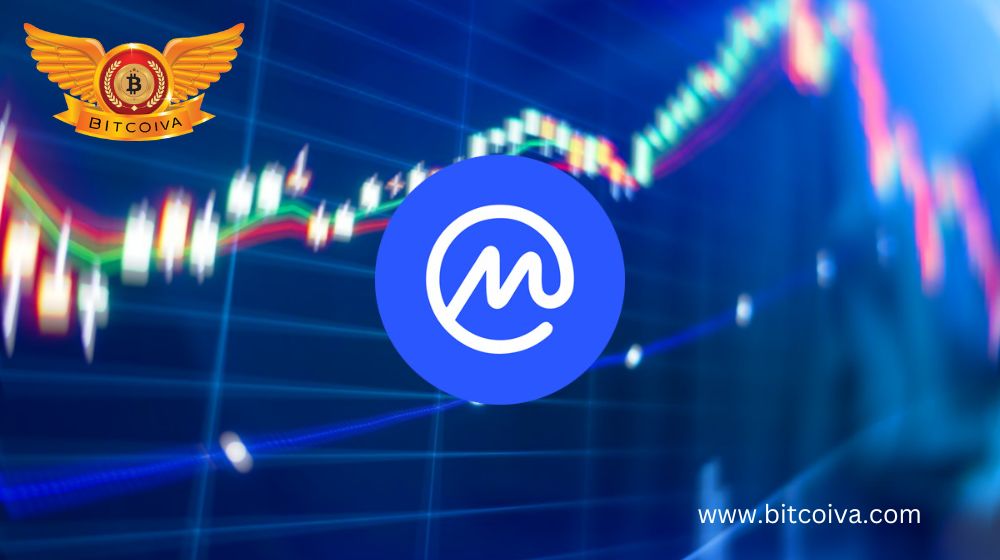Market capitalization (or market cap) is the total worth of all coins created for a cryptocurrency such as Bitcoin. It is computed by multiplying the current market price of a single coin by the number of coins in circulation.
The entire monetary worth of all shares of a company’s stock — or, in the case of Bitcoin or another cryptocurrency, all coins created — is known as market capitalization (or market cap). In the cryptocurrency world, the market cap is computed by multiplying the total number of coins mined by the price of a single coin at any particular time.
One method to consider market capitalization is as a rough indicator of how stable an asset is likely to be. (It’s worth noting that even Bitcoin, the cryptocurrency with the highest market valuation, is subject to volatility.) The top cryptocurrency in India, with a lot greater market cap, on the other hand, is more likely to be a more stable investment than one with a much smaller market cap, in the same way that a larger ship can safely negotiate strong weather. Digital currencies with lower market capitalization, on the other hand, are more vulnerable to market whims and can see massive gains or catastrophic losses.
As an aside, you may come across terms like “circulating supply” market cap or “completely diluted supply” market cap. With Bitcoin, such two figures are the 18.5 million that have been mined (circulating supply) and the 21 million that will be mined ultimately (completely diluted supply). Depending on their technique, some observers will use the presently circulating supply to calculate market capitalization, while others would use the completely diluted amount.
What is the Significance of Market Capitalization?
A cryptocurrency’s value may be determined in a variety of ways, including price. Market capitalization is used by investors to present a more complete storey and compare the worth of cryptocurrencies. As a significant metric, it can indicate a cryptocurrency’s development potential and whether it is safe to acquire in comparison to others.
To demonstrate, let’s look at the market capitalizations of two fictitious cryptocurrencies.
- Cryptocurrency A has a market capitalization of $400,000 if it has 400,000 coins in circulation and each coin is worth $1.
- Cryptocurrency B has a market capitalization of $200,000 if it has 100,000 coins in circulation and each coin is worth $2.
- Even if Cryptocurrency B’s individual coin price is higher than Cryptocurrency A’s, Cryptocurrency A’s aggregate worth is double that of Cryptocurrency B.
- However, it is also crucial to know that the market capitalization of several cryptocurrencies can fluctuate drastically owing to their volatility.
- The Daily values of Indian cryptocurrency coin can be observed from the coin market cap.

What can you do with Market Capitalization?
Market cap compares the overall worth of one cryptocurrency to another, allowing you to make better-educated investment decisions. Based on their market capitalization, cryptocurrencies are classified into three categories:
- Large-cap cryptocurrencies, such as Bitcoin and Ethereum, have market capitalizations in excess of $10 billion. Investors perceive them to be lower-risk investments because they have a proven track record of growth and frequently have better liquidity — that is, they can absorb a bigger volume of individuals cashing out without significantly affecting the price.
- Mid-cap cryptocurrencies India have market values ranging from $1 billion to $10 billion; they are often thought to have greater untapped potential upside but also more risk.
- Small-cap cryptocurrencies have a market capitalization of less than $1 billion and are particularly sensitive to significant fluctuations in market opinion.
Market capitalization is a helpful indicator for comparing the overall worth of cryptocurrencies, but market trends, the stability of a cryptocurrency, and your personal financial status must all be considered when considering the dangers of any investment.
Visit us at: www.bitcoiva.com


Comments are closed.